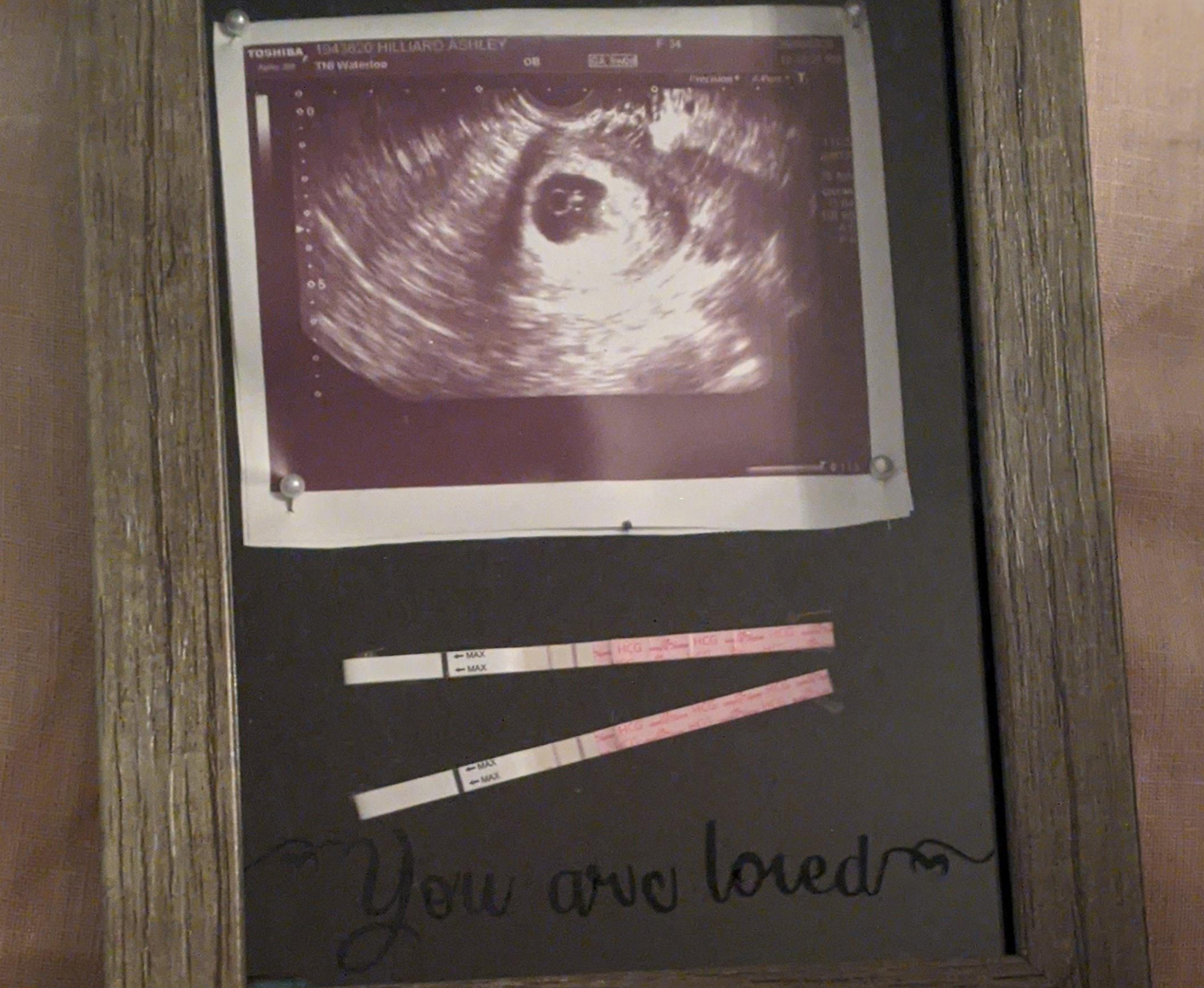Pictures Of Miscarriage Clots: Understanding What Happens And Finding Emotional Support
Miscarriages are a deeply personal and often misunderstood experience. If you're searching for pictures of miscarriage clots, chances are you're trying to understand what's happening to your body or seeking answers about what's normal. While this topic can be tough to talk about, it's crucial to have open conversations about it. Let's dive into the details so you don't feel alone in this journey.
First off, let's be real here. Miscarriages are more common than most people realize. Yet, it's not something we talk about openly. That's why when you're going through it, you might find yourself searching for pictures of miscarriage clots to understand what's happening. And hey, there's absolutely no shame in that. It's all about understanding and learning what your body is going through.
Another thing we need to acknowledge is that every miscarriage experience is different. Some women may experience heavy bleeding and clots, while others might have lighter symptoms. That's why having access to accurate information is super important. In this article, we'll cover everything from the physical signs to emotional support options. So, let's get started.
- Phil Hartman The Comedy Legend Who Left A Lasting Legacy
- Who Is Rick Owens Married To Unveiling The Enigma Behind The Iconic Designers Love Life
What Are Miscarriage Clots?
Alright, so what exactly are these clots we're talking about? When a miscarriage occurs, your body naturally tries to expel the tissue that was supporting the pregnancy. This process can involve blood clots, which might vary in size and appearance. While it's not the most pleasant thing to discuss, knowing what's normal can help you navigate this difficult time.
Clots during a miscarriage are typically formed from blood and tissue. They can range from small, coin-sized clumps to larger ones that might resemble liver tissue. It's important to note that these clots are part of your body's natural response to the loss of pregnancy. And yes, seeing them can be overwhelming, but understanding what they are can make it easier to cope with.
Why Do Miscarriage Clots Happen?
Now, let's talk about why miscarriage clots happen in the first place. During a pregnancy, your body produces a lot of tissue and blood to support the growing baby. When a miscarriage occurs, all that tissue needs to leave your body. This process can result in the formation of clots, which are essentially collections of blood and tissue that your body is expelling.
- John Legend Brother The Untold Story Behind The Legends Sibling
- Mutt Lange The Architect Behind Some Of Rocks Greatest Hits
It's worth mentioning that the size and number of clots can vary depending on how far along the pregnancy was. In early miscarriages, the clots might be smaller, while in later miscarriages, they could be larger. This is because the body has more tissue to expel as the pregnancy progresses.
How Do You Know if You're Experiencing a Miscarriage?
Recognizing the signs of a miscarriage can be tricky, especially if you're not sure what to look for. Common symptoms include heavy bleeding, passing clots, and severe cramping. Some women might also experience a decrease in pregnancy symptoms, like nausea or breast tenderness.
If you suspect you're having a miscarriage, it's crucial to reach out to a healthcare professional as soon as possible. They can provide guidance and support during this time. And hey, don't hesitate to ask questions. Knowledge is power, and in this situation, it can help you feel more in control.
Common Symptoms of Miscarriage
- Heavy bleeding
- Passing blood clots
- Severe cramping
- Decrease in pregnancy symptoms
- Pelvic pain
These symptoms can vary from person to person, so it's important to trust your instincts. If something feels off, don't hesitate to seek medical advice.
Is It Normal to Pass Clots During a Miscarriage?
Here's the thing—passing clots during a miscarriage is completely normal. It's your body's way of cleaning itself out after the loss of a pregnancy. While it might be scary to see, understanding that it's a natural part of the process can help you process what's happening.
That being said, if the clots are extremely large or you're experiencing excessive bleeding, it's important to contact your doctor. They can assess whether everything is progressing as it should or if there's a need for medical intervention.
What Should You Do If You're Passing Large Clots?
If you're passing large clots, it's a good idea to document what you're experiencing. Take note of the size and frequency of the clots, as well as any other symptoms you're feeling. This information can be valuable when discussing your situation with a healthcare provider.
Remember, your doctor is there to help you. They've likely seen similar situations before, so don't be afraid to share everything you're going through. Being honest and open can ensure you get the best care possible.
Understanding the Emotional Impact
Miscarriages aren't just a physical experience—they're also deeply emotional. Seeing pictures of miscarriage clots or experiencing the process firsthand can bring up a lot of feelings. It's normal to feel sad, angry, confused, or even numb. Whatever you're feeling, it's valid.
One of the most important things you can do during this time is to allow yourself to grieve. It's okay to take the time you need to process what's happened. Surround yourself with supportive people who understand what you're going through. And if you need professional help, don't hesitate to reach out to a therapist or counselor.
Ways to Cope with Emotional Pain
- Talk to someone you trust
- Join a support group
- Write in a journal
- Practice self-care
- Seek professional counseling
These coping mechanisms can help you navigate the emotional rollercoaster that often comes with a miscarriage. And hey, it's okay to try different things until you find what works best for you.
Finding Support After a Miscarriage
After a miscarriage, finding support is crucial. Whether it's from friends, family, or a professional, having someone to lean on can make a huge difference. There are also online communities and support groups specifically for people who have experienced miscarriages. These spaces can provide a safe environment to share your story and connect with others who understand what you're going through.
Another option is to seek out resources like books or podcasts that focus on miscarriage and grief. These can offer valuable insights and comfort during a tough time. And if you're comfortable, sharing your experience with others can also be a powerful way to heal and help others who might be going through something similar.
Online Support Groups for Miscarriage
There are tons of online support groups where you can connect with others who have experienced miscarriage. Some popular options include:
- March of Dimes Loss Community
- BabyCenter Loss Support Group
- What to Expect Loss Support Forum
These communities can provide a sense of belonging and understanding that can be hard to find elsewhere. Don't hesitate to explore them if you're looking for support.
When to Seek Medical Attention
While passing clots during a miscarriage is normal, there are times when you should seek medical attention. If you're experiencing excessive bleeding, severe pain, or signs of infection, it's important to contact your doctor right away. These could be signs that something more serious is happening and requires immediate attention.
Other warning signs to watch out for include fever, chills, or foul-smelling discharge. If you notice any of these symptoms, don't wait—reach out to your healthcare provider as soon as possible. They can assess your situation and provide the care you need.
Signs You Should See a Doctor
- Excessive bleeding
- Severe pain
- Signs of infection
- Large clots
Remember, your health is the top priority here. If something feels off, trust your instincts and seek medical advice.
Preventing Future Miscarriages
While miscarriages can be heartbreaking, it's important to know that many women go on to have healthy pregnancies after experiencing one. If you're worried about future pregnancies, there are steps you can take to improve your chances of having a successful pregnancy.
First off, make sure to maintain a healthy lifestyle. This includes eating a balanced diet, exercising regularly, and avoiding harmful substances like tobacco and alcohol. It's also a good idea to schedule a preconception checkup with your doctor to discuss any concerns you might have.
Tips for a Healthy Pregnancy
- Eat a balanced diet
- Exercise regularly
- Get enough rest
- Avoid harmful substances
- Stay hydrated
By taking care of your body and working closely with your healthcare provider, you can increase your chances of having a healthy pregnancy in the future.
Final Thoughts
Miscarriages are a difficult and often isolating experience, but you're not alone. Understanding what's happening to your body and seeking support can make a big difference in how you navigate this challenging time. Whether it's through talking to loved ones, joining support groups, or seeking professional help, there are resources available to help you through this journey.
And hey, if you're still feeling unsure or have more questions, don't hesitate to reach out. Share this article with someone who might find it helpful, or leave a comment below with your thoughts. Together, we can break the silence around miscarriages and create a more supportive community for everyone.
Table of Contents
Pictures of Miscarriage Clots: Understanding What Happens and Finding Emotional Support
Why Do Miscarriage Clots Happen?
How Do You Know if You're Experiencing a Miscarriage?
Is It Normal to Pass Clots During a Miscarriage?
What Should You Do If You're Passing Large Clots?
Understanding the Emotional Impact
Ways to Cope with Emotional Pain
Finding Support After a Miscarriage
Online Support Groups for Miscarriage
When to Seek Medical Attention
Preventing Future Miscarriages
- Nicole Wallace Relationship A Deep Dive Into Love Fame And Everything Inbetween
- Top 5 Web Hosting Uk 2020 Your Ultimate Guide To Finding The Perfect Hosting Solution

Miscarriage

Miscarriage

What to Say Miscarriage